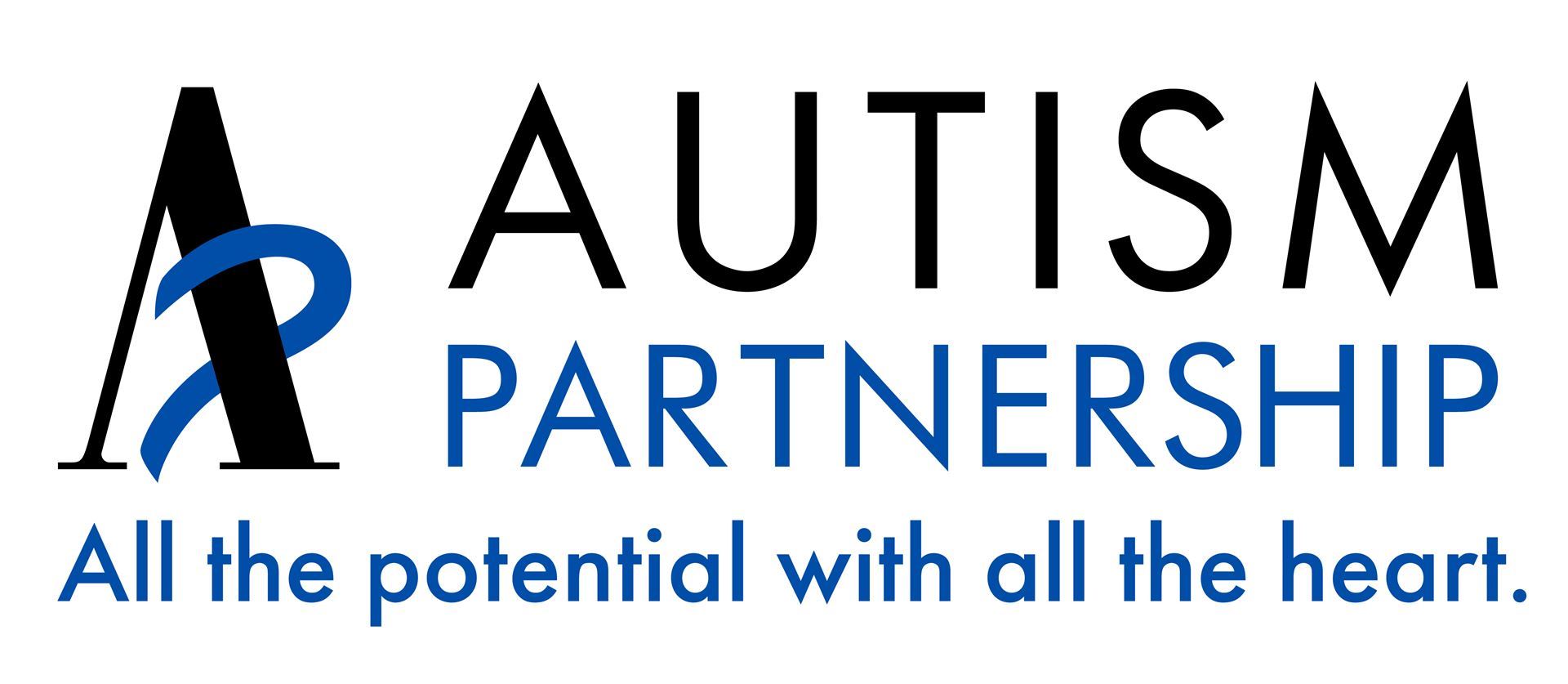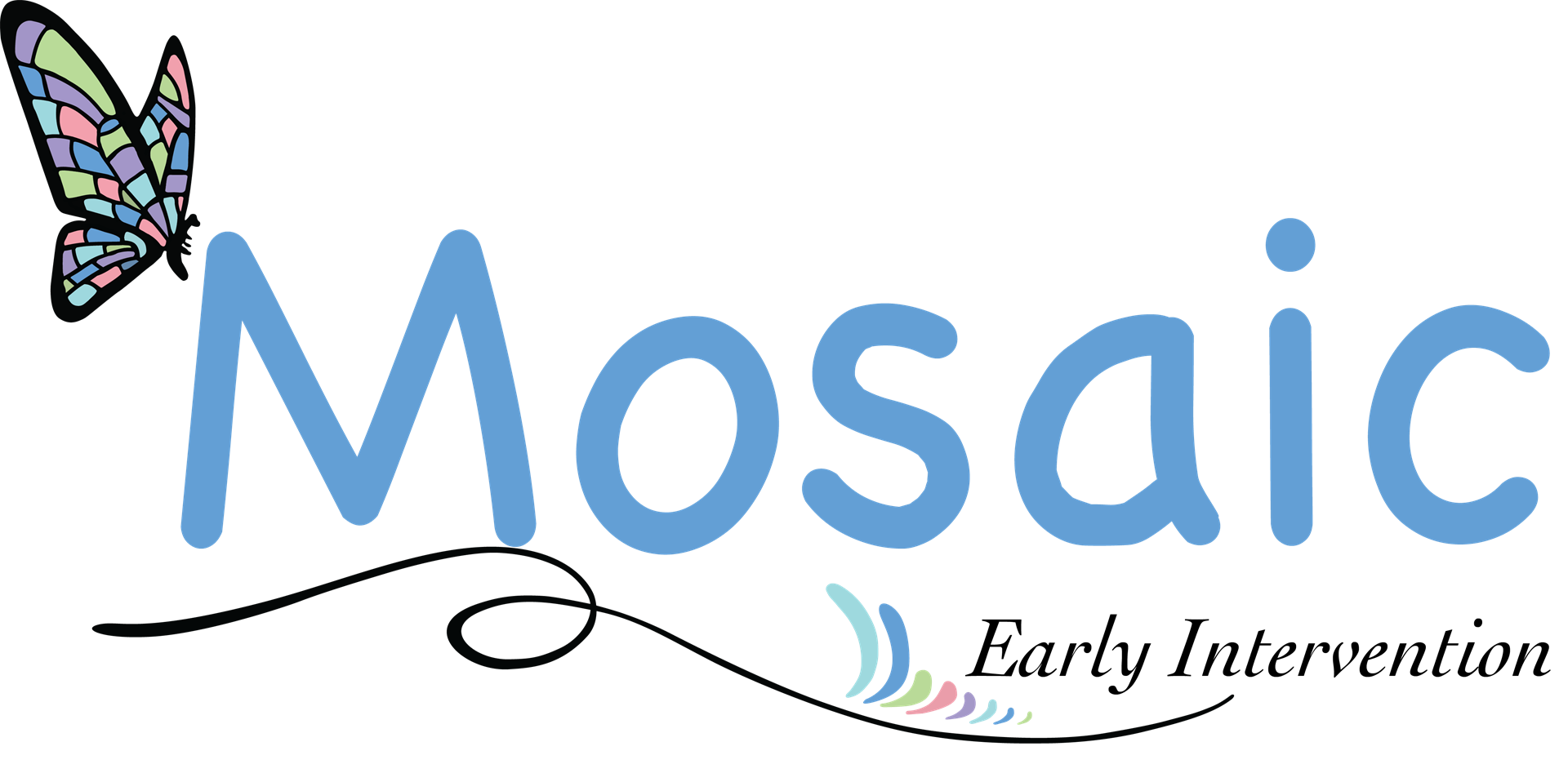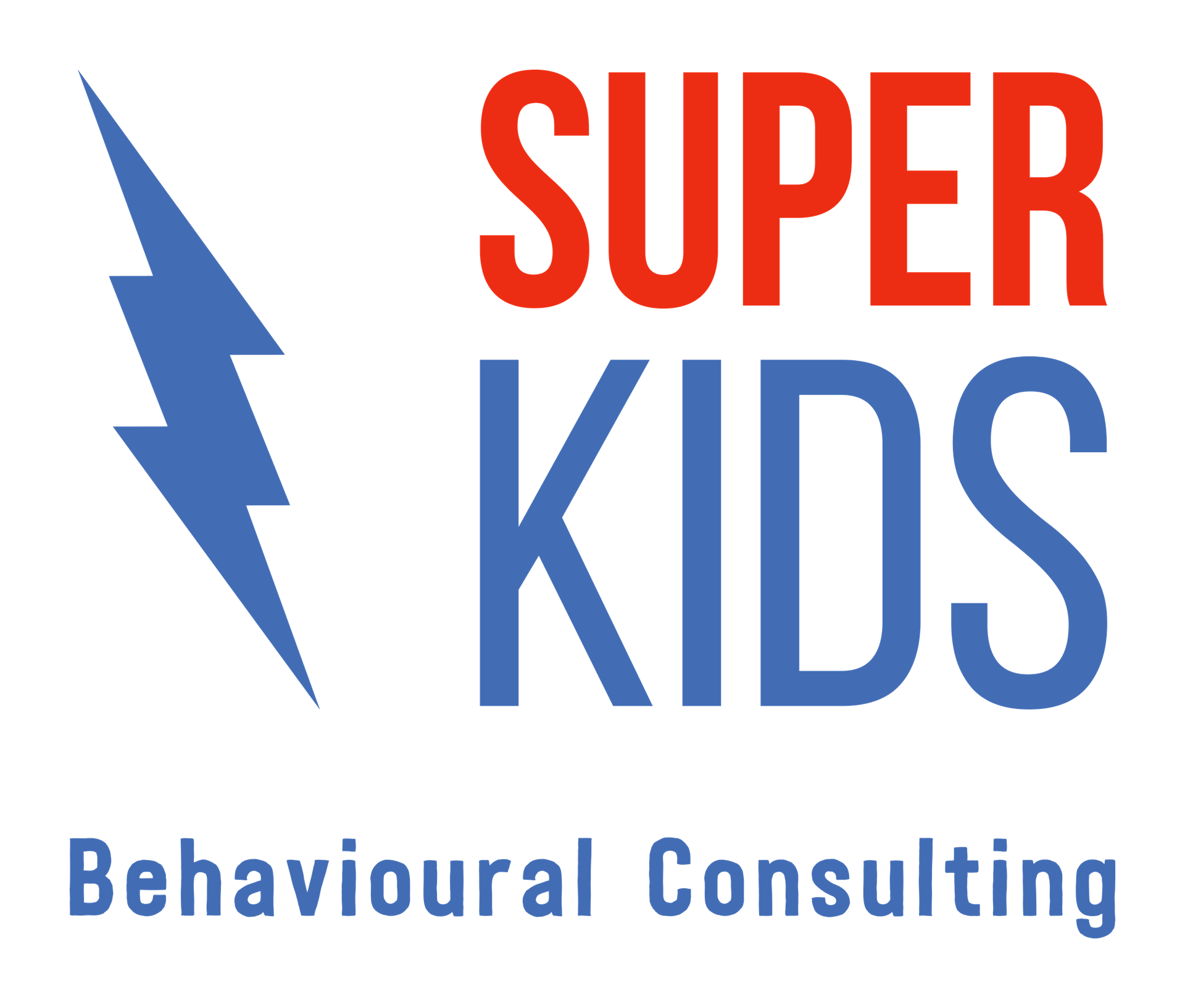.png)
Sunday, 28 July 20241:00 - 2:15 PMMeeting Place 4 |
Cultural Responsiveness within Multi-Element Behaviour Support Services
Preeti Vogel, Rebecca L. Beights, & Geoff Potter The Centre for Positive Behaviour Support (CPBS) Abstract: Culture is an essential consideration for behaviour support services. A culturally sensitive practice is associated with (a) effective communication, (b) socially significant treatment outcomes, and (c) treatment acceptability (Arango & Lustig, 2023). The BACB Ethics Code (2020), the Australian Human Rights Commission (2021), and the UNCRPD (2006) emphasize cultural responsiveness and diversity in service delivery to uphold rights and respect for all participants. Considering Australia is a diverse multicultural country, it is imperative for behaviour support practitioners working with individuals and stakeholders with diverse backgrounds to implement a service framework that is responsive to cultural contingencies and aims to enhance culturally humble practice among its practitioners. The current study applied the multi-element behaviour support (MEBS; LaVigna and Willis, 2005) paradigm to a culturally and linguistically diverse family. MEBS was provided to a young participant with autism and intellectual disability. A culturally responsive intervention package improved the participant’s engagement across skills and settings, increased treatment satisfaction, reduced behaviours of concern, and eliminated the restrictive practice. The impact of the intervention package and implications for cultural responsiveness within behaviour support services will be discussed. Target Audience: Behaviour support practitioners, clinical supervisors, other stakeholders Learning Objectives: 1. Identify at least 3 key features of cultural responsiveness. 2. Identify at least 3 culturally sensitive components within the MEBS paradigm. 3. Identify at least 3 effects of culturally responsive services.
BACB CE Instructor: Rebecca L. Beights
|
Sexual Education for Individuals with Autism - Cultural ConsiderationsMadhura Deshpande & Christina Luongo Proactive Behaviour Analysts Abstract: This case presentation explores the importance of integrating cultural humility and respect for diversity into the delivery of sex education, particularly in the context of autism. It emphasises the need for starting sex education early and engaging in frequent discussions, utilizing a culturally sensitive approach that respects individual and familial beliefs. The importance of safety, respect, and dignity in sex education is highlighted and the the case presentation will share examples and contexts where this was achieved using a behaviour analytical lens. The presentation advocates for the use of approved materials that align with cultural and religious values and the inclusion of discussions that reflect the family's beliefs about love, marriage, and family life. Additionally, it underscores the significance of parental or guardian involvement in the educational process to ensure alignment with family values. Guidelines on the use of clear and concrete language is to make the content accessible and understandable for all learners will be provided, acknowledging the varied impact of cultural identity on perceptions of relationships and sexuality. Target Audience: This presentation is aimed at ABA professionals, special education teachers, program directors, and researchers seeking to design effective and culturally sensitive autism sex education programs for their participants, with valuable takeaways also for parents and caregivers of individuals with autism attending the conference. Learning Objective: 1) At the conclusion of this presentation, participants will be able to design and deliver sex education programs that prioritise safety, respect, and dignity, effectively tailored to accommodate a wide range of cultural backgrounds. 2) At the conclusion of this presentation, participants will be able to integrate cultural considerations into autism-focused sex education strategies, emphasising the significance of initiating respectful dialogues early and maintaining them consistently. 3) At the conclusion of this presentation, participants will be able to recognise and implement strategies that enhance parental involvement in sex education, using materials and communication methods that are congruent with both family and cultural values. BACB CE Instructor: Madhura Deshpande |
Cultural Safety: Not Just Another Tick BoxCody Webb1, Alayna Haberlin1,2, Barry McGrady3, & Debra Swan3 1Tracks Health; 2Paperbark Solutions; 3Allambi Care Abstract: This presentation aims to foster a deeper understanding of the intersection between culture and applied behaviour analysis (ABA) and promote a shift from tokenistic cultural considerations to create meaningful and impactful changes to behaviour analytic practice. Using a behaviour analytic framework, we operationalize culture and cultural safety, stressing the critical importance for practitioners to grasp both the historical context of service delivery and the nuanced cultural needs of clients to enhance the social validity of our interventions. In contexts such as out-of-home care, we confront the enduring impact of historical cultural neglect on Indigenous clients, highlighting how past systemic abuses have perpetuated intergenerational trauma and fostered distrust of health and allied health services. Recognising these complexities is essential for advocating ethically sound and culturally competent ABA practices. The presentation outlines actionable strategies for achieving cultural safety in practice. These approaches are designed not only to foster inclusivity but also empower clients by respecting and integrating their cultural identities throughout the therapeutic process. This presentation aims to mobilise behaviour analysts and stakeholders towards service models that are generally inclusive, empowering, and responsive to the cultural needs of all clients Target Audience: behaviour analysts, behaviour support practitioners, and other allied health professionals Learning Objectives: By the end of this presentation, delegates will be able to: 1. Defining culture and cultural safety within a behaviour analytic framework. 2. Explain the impact of historical cultural neglect on Indigenous clients and its implications for intergenerational trauma and distrust of health services. 3. Identify at least one practical strategy for achieving cultural safety in ABA practice BACB CE Instructor: Alayna Haberlin |







.png)





